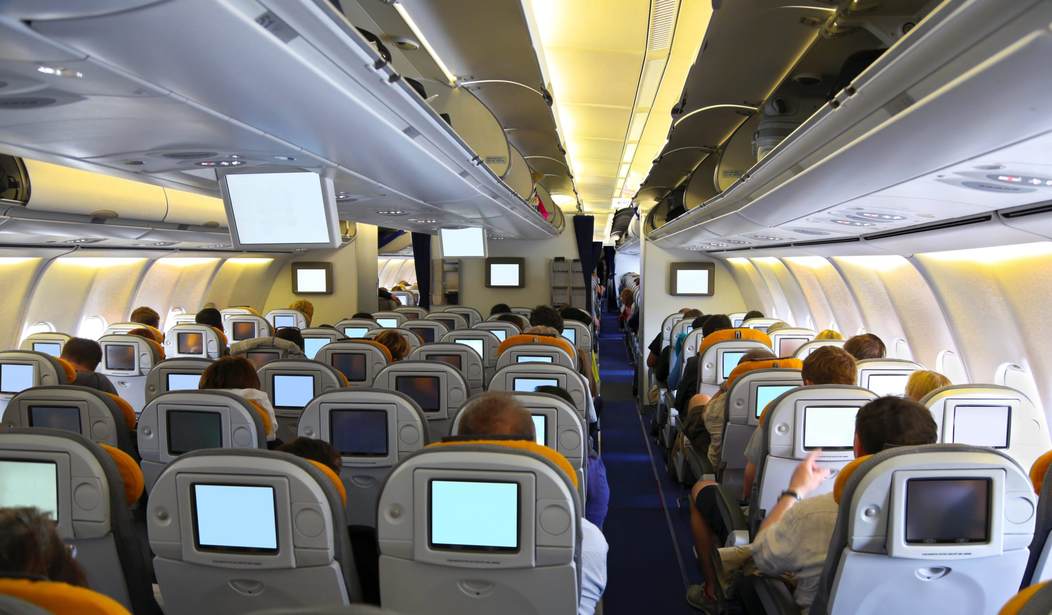Once you know economics, it’s like you’re in the Sixth Sense. You see it everywhere – even in the recent United Airlines “re-accomodating” incident.
For those of you who’ve been in a cave recently (and one without internet access), United Airlines recently encountered a situation where they had too few people who were willing to give up their seats to a flight crew who needed to fly on the plane.
When you have a shortage of anything, you have several choices:
- You can let the price rise until someone with the scarce resource is willing to provide it
- You can conduct a lottery
- You can force someone to give up the resource.
United cycled through all three: they initially made the mistake of only trying a half-hearted attempt at the first option, then progressed to the second, and finally resorted to the third (i.e. they “re-accommodated” an unwilling passenger). But if they’d really given the first option a fair chance, they could have avoided what’s now become a $3 billion loss in market capitalization.
They initially offered money to seatholders and then raised the price when there weren’t enough takers (#1). But they stopped at $800. Unfortunately, only two ticketholders took the bait at this price. In economic terms, “the market didn’t clear.” Had they gone just a bit higher ($1,000? $1,500), they’d have found takers. And if they’d let “the market” decide, they’d have bought the seats from the seatholders who valued them least, so they’d have had a transaction with happy customers. Instead, they picked randomly (#2), and eventually removed a passenger by force (#3).
In addition, they fell afoul of what’s known as the “endowment effect.” This means that individuals place a higher value on something (like an airline seat) once they own it than they did before. In other words, once they’ve been seated, the airline seat becomes more valuable than it was before they were seated. So United further shot themselves in the foot by negotiating with passengers after they’d boarded rather than before.
In the future, instead of being on the wrong side of the Internet (“United Fight Club” and other assorted memes, anyone?) they should use it to their advantage. They can take their existing mobile app and modify it so that their passengers can participate in what’s called a “Dutch Auction.” In this setup, the sellers (the passengers) privately post the price at which they’d be willing to surrender their seat. So when they’re overbooked, United simply looks at the schedule of prices, and choose sequentially from the lowest prices on up until they’ve acquired the seats they need. And like all free market transactions, it’s a win-win — they get the lowest possible price, and only make transactions with parties who think it’s in their best interest.
Don’t thank me – economist Julian Simon suggested exactly this (minus the internet, of course) in a 1968 piece in the Journal of Transport, Economics and Policy. But then, economic intuition worked then as well as now.









Join the conversation as a VIP Member